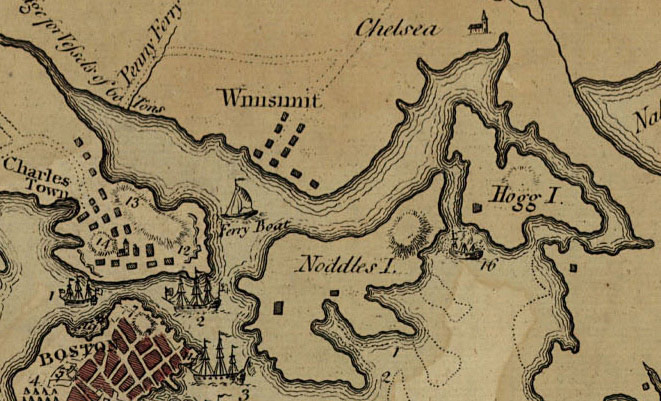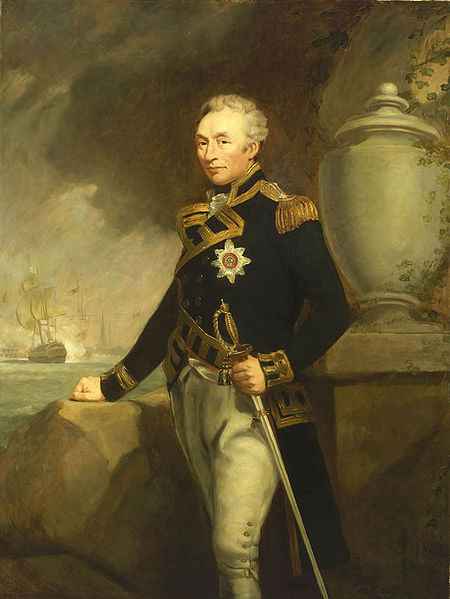 The Revolutionary War is considered one of the most important wars in American history. This particular conflict was between Great Britain and their newly found American colonies. The colonials did not want to be governed by the British Empire and they ultimately wanted the right to be in charge of their own destiny. The American colonies were too profitable for the British and they didn’t want to let them go so easily. Ultimately, war was declared.
The Revolutionary War is considered one of the most important wars in American history. This particular conflict was between Great Britain and their newly found American colonies. The colonials did not want to be governed by the British Empire and they ultimately wanted the right to be in charge of their own destiny. The American colonies were too profitable for the British and they didn’t want to let them go so easily. Ultimately, war was declared.
Areas of Conflict
The war had initially started in the city of Boston and eventually spread out to the surrounding areas of the city. There are two islands that lie north of Boston and they are named Noddles and Hog. Chelsea was a small town that lied directly north of Boston. These particular locations would become battlegrounds during the Revolutionary conflict. Since the British held the city of Boston under their control, the colonialists in the area had organized to drive them out of this strategic city.
The areas surrounding the city of Boston were conflict zones during the start of the Revolutionary War. Many of the early conflicts of the Revolutionary War were fought in or near Boston. The city became a symbol and mecca for many colonial people who wanted to rid themselves of the British.
The Significance of Boston
The Battle of Chelsea Creek was a skirmish that was fought in order to loosen the British control over Boston and the surrounding areas. Boston was an extremely important port city and while it remained under the British control it could be used as a staging ground for troops, supplies and munitions to continue the war effort. This city also was also used to keep the British war effort alive as well through propaganda and appearance. The British knew as long as they held onto Boston they could keep a stranglehold on colonial shipping lanes to Britain. Many colonists would not be able to transport their goods back to England for a profit and this would either force them to sympathize with the British or hurt their businesses.
Americans’ Will to Fight
Many American colonists were pouring into the area in order to drive the British out of Boston. Many American colonists realized that Britain would dominate their lives and continue to grow rich off of their labor. They joined the Revolutionary cause and saw it as the best way to achieve victory over the British Empire and to rid themselves of them once and for all.
Even though the colonial forces did not soundly defeat the British at the opening of the war, they did manage to win many of the early battles. The colonials hampered the British at the battles of Concord and Lexington at the opening of the war. Ethan Allen and Benedict Arnold struck the next blow for the colonial forces when they took Fort Ticonderoga from the British in the April of 1775. One month later the Battle of Chelsea Creek would take place. This battle wasn’t a significant event in terms of the war, but it is worth mentioning because it helped to continue the colonial cause while keeping the colonists’ morale high. Keep in mind that many American colonists were pouring into the area in order to drive the British out of Boston. They were rallying behind the successes of the previous battles and it would seem that the colonists would achieve their objective of gaining independence from Britain in a short time.
Since the British had control of Boston, they forced many of the colonial farmers and businessmen who were under their immediate control to provide them with food and supplies. If the colonials refused to comply they would lose their farms and businesses. If the farmers and businessmen supplied the British they could be perceived as Loyalists and this would not be a good position to fall under since they did not agree with Loyalists ideas. Loyalists were British sympathizers and they were not welcomed among the colonials. Many of the colonists heard about what was happening and decided to put an end to the British tyrannical grip on America.
The colonials organized a small force to kill or remove any livestock in the areas of Chelsea, Noddle and Hog in order to keep them from British. The British figured out what was occurring and set out to counter the colonials’ plan. The British had control of Boston’s shipping lanes and water ways. They needed the food that the local population could provide them, so they had to be prepared to stop the colonials from interfering with their supplies.
The Battle
 The colonials were led by Colonel John Stark and they began to burn hay while eliminating or removing livestock on Noddle Island. The British forces had arrived and forced the colonials to retreat. No one was killed. During their escape the British ordered a British vessel called Diana to support the ground forces and to cut off any chance of escape for the colonials. Eventually the colonials had to stop their retreat and fight. They took up positions in ditches and marshes near Chelsea Creek. They exchanged fire with the advanced British army and forced them to retreat. The colonials started to withdraw after the exchange and headed to Hog Island. The British vessel Diana still pursued them. Eventually the ship got stuck in the marshes and bogs near Hog Island. The colonials noticed what had happened and decided to attack the stranded British boat.
The colonials were led by Colonel John Stark and they began to burn hay while eliminating or removing livestock on Noddle Island. The British forces had arrived and forced the colonials to retreat. No one was killed. During their escape the British ordered a British vessel called Diana to support the ground forces and to cut off any chance of escape for the colonials. Eventually the colonials had to stop their retreat and fight. They took up positions in ditches and marshes near Chelsea Creek. They exchanged fire with the advanced British army and forced them to retreat. The colonials started to withdraw after the exchange and headed to Hog Island. The British vessel Diana still pursued them. Eventually the ship got stuck in the marshes and bogs near Hog Island. The colonials noticed what had happened and decided to attack the stranded British boat.
A battle broke out between the colonials and the British sailors. The colonials began to fire cannons at the ship. The British sailors returned fire but were in a no-win situation. During the battle the ship was damaged. Afterwards it managed to get free from the swamp and sailed onto the Chelsea coast before tipping to one side. The British commanders decided to send rescue parties and extra forces to help the Diana. Once they arrived they realized that they could not reach the Diana without suffering further casualties. So they sent out small row boats to evacuate the Diana. Nearly all of the British sailors were rescued before the ship was taken by the colonial forces. After the British retreated the colonials stripped the vessels of valuables, munitions and its remaining cannons before setting it on fire. When this battle had ended it was considered another victory that would help to further the colonial cause to gain its independence from the British Empire.